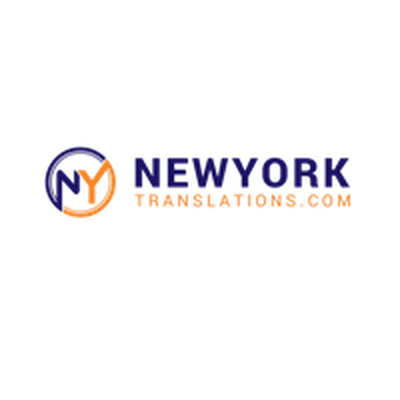More from New York Translations
More in Politics
Related Blogs
Archives
Social Share
Best Practices for Translating Business Documents
Posted By New York Translations
Body
Businesses of all sizes must efficiently interact with clients, partners, and employees throughout the world in the modern global economy. For this, a variety of company papers, including legal contracts, financial reports, marketing materials, and more, must be accurately and successfully translated. There are various best practises that companies should adhere to in order to guarantee that their business document translation are of the greatest calibre.
Clearly State the Document's Scope and Objectives
Definition of the document's scope and purpose is essential before the translation process even begins. This entails determining the document's intended use, target audience, and any unique cultural or linguistic factors. To ensure that the translation team understands the context and can deliver an appropriate translation, this information needs to be communicated to them in a clear and concise manner.
Choose Qualified and Experienced Translators
Choosing a team with the required training and expertise is crucial when choosing a translation company. Choose service providers who are knowledgeable about your field and the target language pair, and who have a track record of providing reliable, accurate translations. Choosing translators who are native speakers of the target language is also essential because it guarantees that they have a thorough understanding of the language and culture.
Provide Background Information
It's crucial to give the translation team as much contextual information as possible so that the translation faithfully conveys the intended meaning. This could include background data on the organisation or sector, dictionaries of technical terms, and reference materials like earlier translations. By giving the translation team this information, they will be able to comprehend the context more clearly and translate the text more accurately.
Employ Terminology That Is Simple and Clear
It's crucial to utilise language that is easy to grasp and clear and succinct when writing business documents. This is crucial when translating documents because it might be challenging to accurately interpret complex words or technical jargon. The translation team can provide a more accurate translation that faithfully conveys the intended meaning by employing basic language.
Do Quality Inspections
It's critical to carry out exhaustive quality checks at every stage of the translation process to guarantee the greatest possible level of translation quality. This may entail checking the translated text for errors, making sure technical terms are utilised correctly, and making sure the text complies with any applicable laws or regulations. Businesses may make sure the final document is correct and useful by carrying out these checks.
Preserve Uniformity Across All Documents
Building a credible and unified brand image requires maintaining uniformity across all publications. This calls for maintaining consistency in all publications' language, layout, and nomenclature. Businesses may guarantee that their documents are quickly recognisable and that their brand is consistently portrayed across all markets by doing this.
In conclusion, accurate quality assurance procedures, professional translation teams, and cautious planning are all necessary for translating corporate papers. Businesses can guarantee that their translations are accurate, efficient, and reflective of their brand and messaging by adhering to these best practises.












Comments